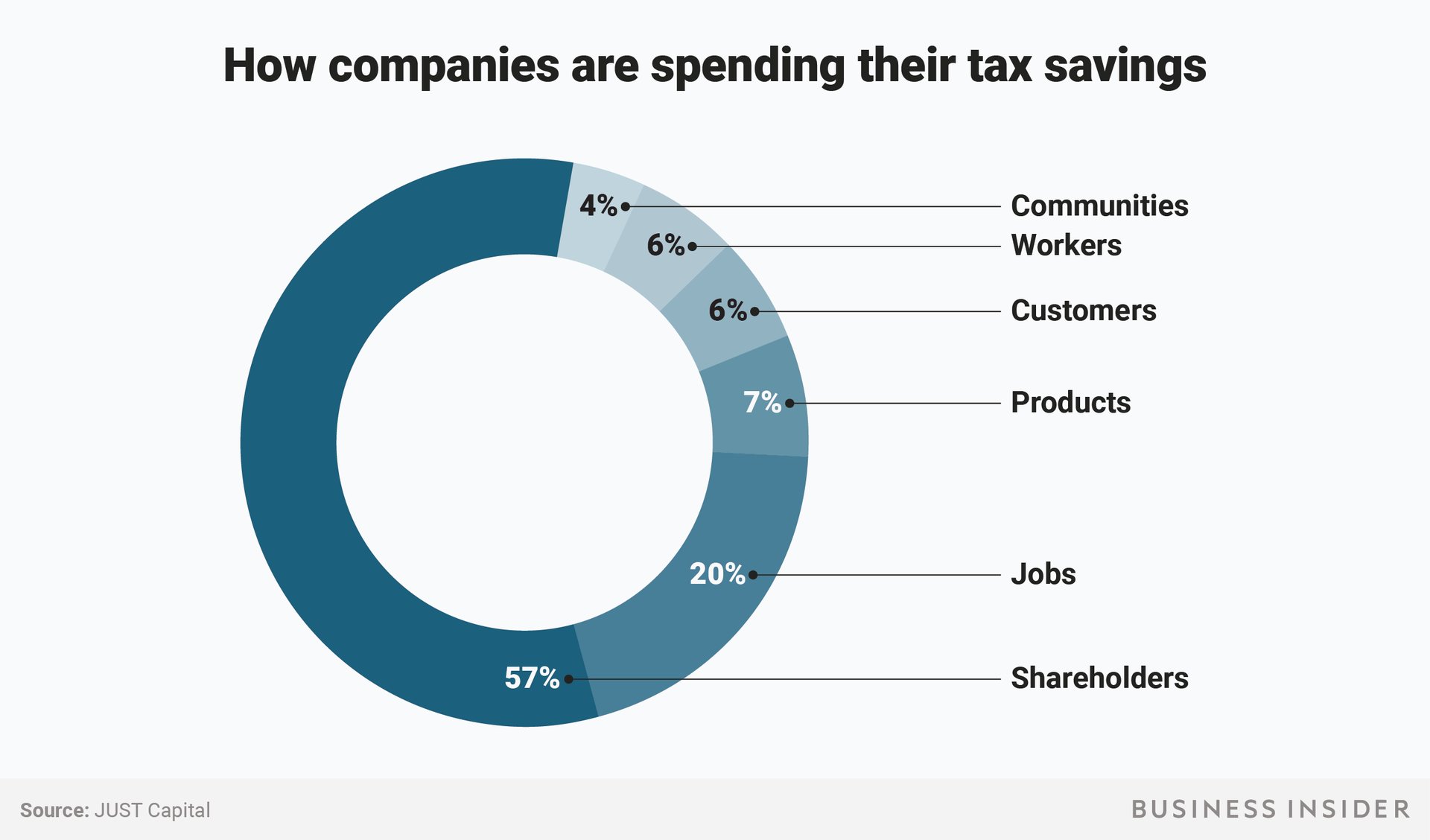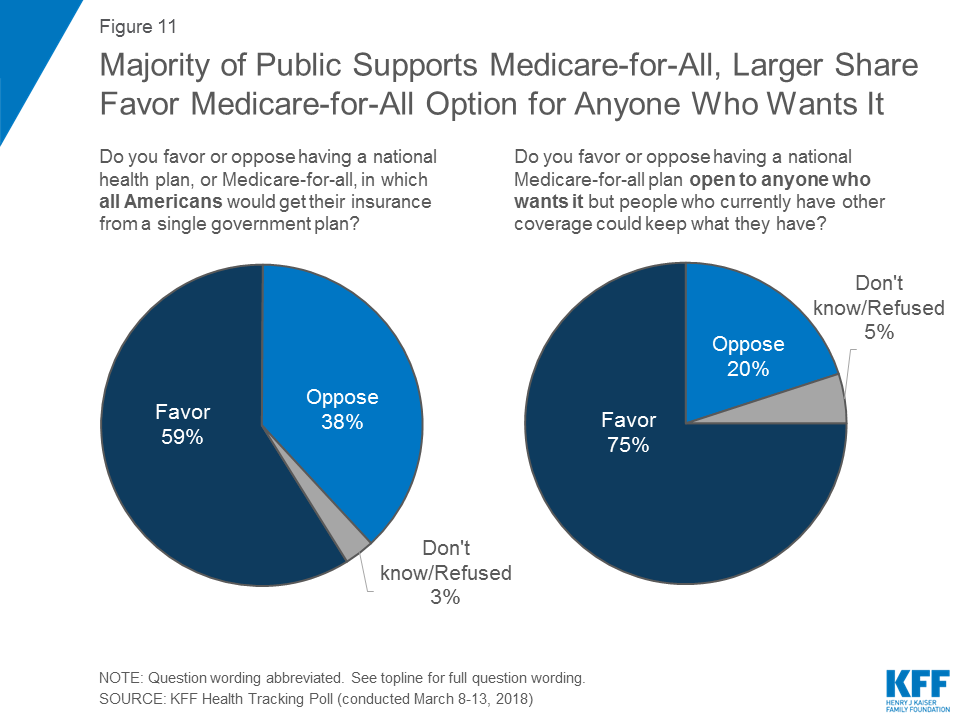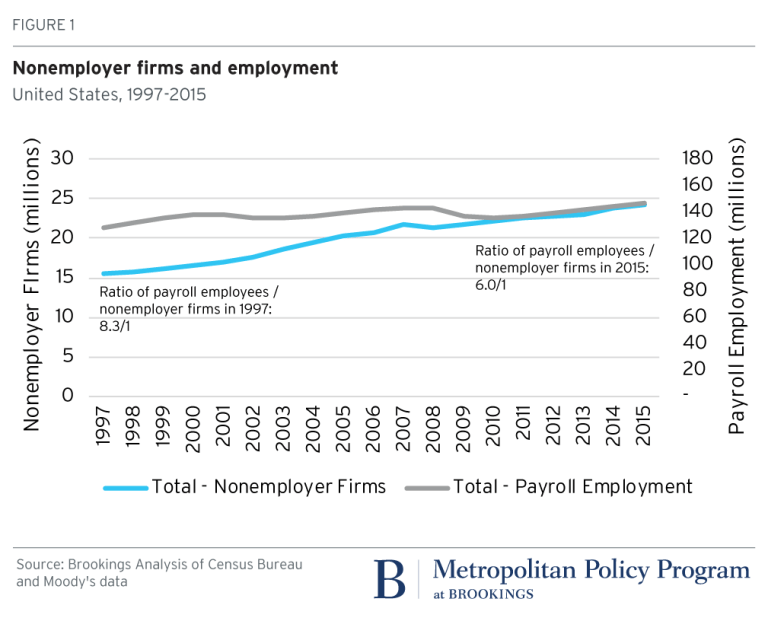PODCAST: #HRHappyHour 317 - When Women Thrive: Supporting Women in the Workplace
HR Happy Hour 317 - When Women Thrive: Supporting Women in the Workplace
Host: Steve Boese
Guest: Pat Milligan, Mercer
Sponsored by Virgin Pulse - www.virginpulse.com
Listen HERE
This week on the HR Happy Hour Show, Steve is joined by Pat Milligan of Mercer, where she leads the When Women Thrive research initiative to talk about the project's most recent research on Women's economic standing and equity in the workplace. On the show Pat shared some findings and key recommendations from the recently released report from the When Women Thrive research titled 'Accelerating for Impact: 2018 Gender Inflection Point.'
Pat discussed the current state of women's economic standing in the workplace, how in 2018 the data show that despite progress, there are still opportunities and challenges for organizations with respect to including and improving women's representation and standing in their organizations. She also shared some of the ways and tools that are available to organizations - an increased focus on data and analytics to identify areas of opportunity and measure progress, the benefits of focusing on women's health and wellness - inside and outside the organizations, and finally how HR leaders can begin to change the culture in their organizations and with their leaders to better focus on these issues.
You can listen to the show on the show page HERE, on your favorite podcast app, or by using the widget player below:
This is an important issue, and When Women Thrive are doing great work to help organizations make progress. Make sure to download the report here.
Thanks Pat for joining us!
Subscribe to the HR Happy Hour Show wherever you get your podcasts - just search for 'HR Happy Hour' on your favorite podcast app.

 Steve
Steve



